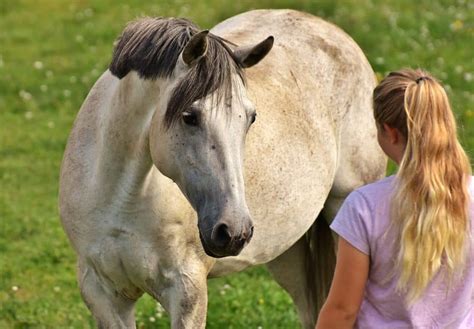How to Afford Horse Adoption: A Comprehensive Guide
Adopting a horse is a deeply rewarding experience, but it's crucial to understand the significant financial commitment involved. Owning a horse is not cheap; it's a lifestyle choice that requires careful planning and budgeting. This comprehensive guide will walk you through the costs associated with horse adoption and provide practical strategies to make it financially feasible.
What are the Ongoing Costs of Horse Ownership?
Before even considering adoption, it's essential to grasp the ongoing expenses. These costs can be surprisingly high and vary based on your location, the horse's needs, and your level of involvement.
Basic Monthly Expenses:
- Boarding: This is often the largest expense. Costs vary widely depending on location, facilities offered (e.g., pasture board vs. stall board), and level of care. Expect to pay anywhere from $300 to $1000+ per month.
- Feed: High-quality hay, grain, and supplements are crucial for a horse's health. This can cost $200-$500 or more monthly.
- Veterinary Care: Routine checkups, vaccinations, dental care, and potential emergencies can quickly add up. Budget for at least $50-$100 per month, but be prepared for unexpected higher costs.
- Farrier: Horses need their hooves trimmed or shod regularly. This typically costs $50-$100 every 6-8 weeks.
- Coggins Test: This blood test is required for most horse shows, competitions, and travel, usually costing around $30-$50 annually.
Additional Expenses:
- Tack and Equipment: Saddles, bridles, halters, and other equipment represent a significant initial investment. Used equipment can help reduce costs.
- Trailer: If you plan to transport your horse, you'll need a suitable trailer, incurring purchase or rental costs.
- Insurance: Equine insurance can cover veterinary bills, liability, and theft.
- Training: Depending on your horse's training level and your riding skills, you might need professional lessons or training.
How to Make Horse Adoption Affordable:
Adopting a horse doesn't have to be financially unattainable. With careful planning and resourcefulness, you can make it work.
1. Realistic Budgeting:
- Create a Detailed Budget: Before adopting, create a comprehensive budget encompassing all potential costs for at least a year. Include unexpected expenses as well.
- Track Your Spending: Monitor your spending closely to identify areas where you can save.
- Set Savings Goals: Start saving diligently to build a financial cushion for unexpected veterinary bills or other emergencies.
2. Finding Affordable Adoption Options:
- Rescue Organizations: Many horse rescue organizations offer affordable adoption fees, sometimes even covering initial veterinary expenses. Research local and national organizations.
- Negotiate Adoption Fees: Don't be afraid to negotiate the adoption fee with the rescue or individual seller, especially if the horse requires additional care.
- Consider Older Horses: Older horses often have lower adoption fees and may require less strenuous activity, reducing some costs.
3. Reducing Ongoing Costs:
- DIY Tasks: Learn basic horse care tasks like grooming, hoof picking, and minor wound care to reduce professional service costs.
- Shared Boarding: Sharing boarding costs with another horse owner can significantly reduce expenses.
- Bulk Buying: Purchase hay and feed in bulk to save money in the long run.
- Used Equipment: Buy used tack and equipment to save significantly on initial investments.
- Bartering Services: Consider bartering services with other horse owners or professionals to exchange skills and reduce costs.
H2: What if I can't afford all the costs upfront?
Adopting a horse requires a significant financial commitment, and it’s okay if you can’t cover everything immediately. Consider these options:
- Start small: Focus on building your savings and knowledge base before adopting. Volunteer at a rescue or stable to gain hands-on experience.
- Part-time employment: Consider taking on part-time work specifically to cover horse-related costs.
- Crowdfunding: Explore online platforms for crowdfunding to raise funds for your adoption.
- Lease a horse first: Leasing a horse can offer a less expensive way to experience horse ownership before committing to adoption.
H2: Are there any grants or financial assistance programs for horse adoption?
Unfortunately, specific grants dedicated solely to horse adoption are rare. However, some equine rescue organizations might offer financial assistance or payment plans. It's best to contact several rescues directly to inquire about their policies and potential aid.
Conclusion:
Adopting a horse is a deeply fulfilling but financially demanding endeavor. Thorough planning, realistic budgeting, and resourceful cost-saving strategies are crucial for making it a success. Remember to prioritize your horse's welfare and your financial stability to ensure a happy and healthy partnership for years to come. By carefully considering all aspects of ownership, you can increase your chances of a successful and affordable horse adoption experience.

